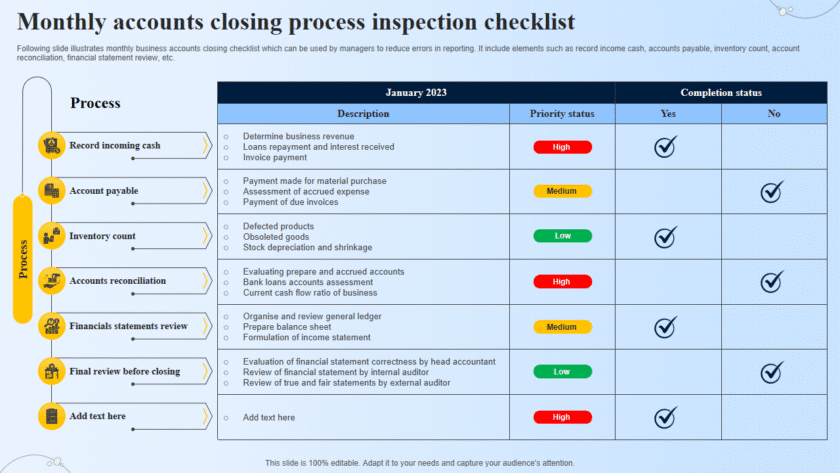Cybersecurity Careers: Paths and Certifications
Cybersecurity is one of the fastest-growing tech fields in the world. As digital threats increase, organizations urgently need skilled professionals to protect their systems, networks, and data.
If you’re considering a career in cybersecurity — or looking to level up your skills — this guide will show you the key career paths, certifications, and skills you need to succeed.
🔹 1. Why Choose a Career in Cybersecurity?
- 💰 High demand & good pay: There’s a global shortage of cybersecurity professionals — over 3.5 million unfilled jobs worldwide.
- 🔒 Job security: Every industry needs cyber protection — from banks to hospitals.
- 🌍 Global career opportunities: Cybersecurity skills are in demand across all continents.
- 🚀 Constant learning: New technologies, new threats, and new challenges keep the field exciting.
🔹 2. Major Career Paths in Cybersecurity
Here are the top areas where you can specialize:
🧩 1. Security Analyst / SOC Analyst
Monitors networks for threats, investigates alerts, and responds to incidents.
- Skills: Threat detection, SIEM tools (e.g., Splunk, QRadar), log analysis.
- Certifications: CompTIA Security+, CEH, SSCP.
🖥️ 2. Network Security Engineer
Designs and maintains secure networks, firewalls, and VPNs.
- Skills: Networking (TCP/IP, routers, firewalls), IDS/IPS, Cisco tools.
- Certifications: Cisco CCNA Security, Palo Alto PCNSA, CompTIA Network+.
🧠 3. Ethical Hacker / Penetration Tester
Finds and fixes security vulnerabilities before attackers do.
- Skills: Linux, scripting, web app testing, Metasploit, Nmap, Burp Suite.
- Certifications: CEH (Certified Ethical Hacker), OSCP, GPEN.
🛡️ 4. Cybersecurity Consultant
Advises organizations on how to design and implement strong security strategies.
- Skills: Risk assessment, compliance, cloud security, communication.
- Certifications: CISSP, CISM, CompTIA CASP+.
☁️ 5. Cloud Security Specialist
Protects cloud-based platforms like AWS, Azure, or Google Cloud.
- Skills: Identity management, encryption, IAM, secure configurations.
- Certifications:
- AWS Certified Security – Specialty
- Microsoft Certified: Azure Security Engineer
- (ISC)² CCSP
🧮 6. Incident Responder / Forensics Expert
Investigates breaches and helps recover compromised systems.
- Skills: Digital forensics, malware analysis, threat intelligence.
- Certifications: CHFI (Computer Hacking Forensic Investigator), GCFA, ECIH.
🧱 7. Security Architect / Security Manager
Designs and oversees an organization’s entire security infrastructure.
- Skills: Policy creation, architecture design, leadership, compliance.
- Certifications: CISSP, CISM, CompTIA CASP+, ISO 27001 Lead Implementer.
🧬 8. Cybersecurity Researcher / Threat Hunter
Analyzes malware, studies attacker techniques, and develops new defense tools.
- Skills: Reverse engineering, Python, threat hunting frameworks.
- Certifications: GCTI, GIAC, or SANS specialized courses.
🔹 3. Entry-Level Cybersecurity Roles
If you’re just starting, begin with:
- IT Support or Helpdesk Technician
- Junior Network Administrator
- Security Operations Center (SOC) Analyst – Tier 1
- Cybersecurity Intern or Trainee
Once you gain hands-on experience, you can specialize in a chosen path.
🔹 4. Top Cybersecurity Certifications (by Career Level)
🎓 Beginner Level
Perfect for people new to cybersecurity.
- CompTIA IT Fundamentals (ITF+)
- CompTIA Security+
- Certified in Cybersecurity (CC) — by (ISC)²
- Google Cybersecurity Professional Certificate
🧰 Intermediate Level
For professionals with some IT or networking experience.
- CompTIA CySA+ (Cybersecurity Analyst)
- EC-Council CEH (Ethical Hacker)
- Cisco CCNA Security
- Microsoft Security Operations Analyst
🧠 Advanced Level
For experienced professionals aiming for leadership roles.
- CISSP (Certified Information Systems Security Professional)
- CISM (Certified Information Security Manager)
- CCSP (Certified Cloud Security Professional)
- OSCP (Offensive Security Certified Professional)
- CHFI (Computer Hacking Forensic Investigator)
🔹 5. Key Skills for Cybersecurity Professionals
| Technical Skills | Soft Skills |
|---|---|
| Networking & Firewalls | Analytical Thinking |
| Linux & Scripting | Problem Solving |
| Risk Assessment | Communication |
| SIEM Tools | Curiosity & Continuous Learning |
| Cloud Security | Ethical Judgment |
🧠 Tip: Strong cybersecurity professionals combine technical mastery with strategic thinking and ethical responsibility.
🔹 6. Learning Roadmap (Step-by-Step)
- Start with IT Fundamentals: Learn about networking, operating systems, and hardware.
- Take an Intro Cyber Course: e.g., Google Cybersecurity or CompTIA Security+.
- Learn Hands-On: Use labs like TryHackMe, Hack The Box, or RangeForce.
- Earn a Core Certification: CompTIA Security+ or CEH.
- Pick a Specialization: PenTesting, Cloud Security, or Forensics.
- Gain Experience: Internships, bug bounty programs, or freelance security work.
- Advance to Senior Certifications: CISSP, CISM, or OSCP.
🔹 7. Career Outlook and Salary Ranges (2025 Estimates)
| Role | Average Global Salary |
|---|---|
| Security Analyst | $65,000 – $90,000 |
| Penetration Tester | $85,000 – $120,000 |
| Security Engineer | $95,000 – $130,000 |
| Cloud Security Specialist | $100,000 – $140,000 |
| Security Manager / Architect | $120,000 – $160,000 |
💡 In Nigeria, cybersecurity professionals earn between ₦300,000 – ₦1,500,000 monthly depending on skill level and organization.
✅ Final Thoughts
Cybersecurity is not just a job — it’s a mission to protect the digital world.
Whether you want to become an ethical hacker, cloud defender, or security manager, there’s a clear path for you to grow.
“In cybersecurity, the more you learn, the more valuable you become.”
Stay curious, practice constantly, and earn certifications that prove your expertise.
The world needs more digital defenders — and you could be one of them.






